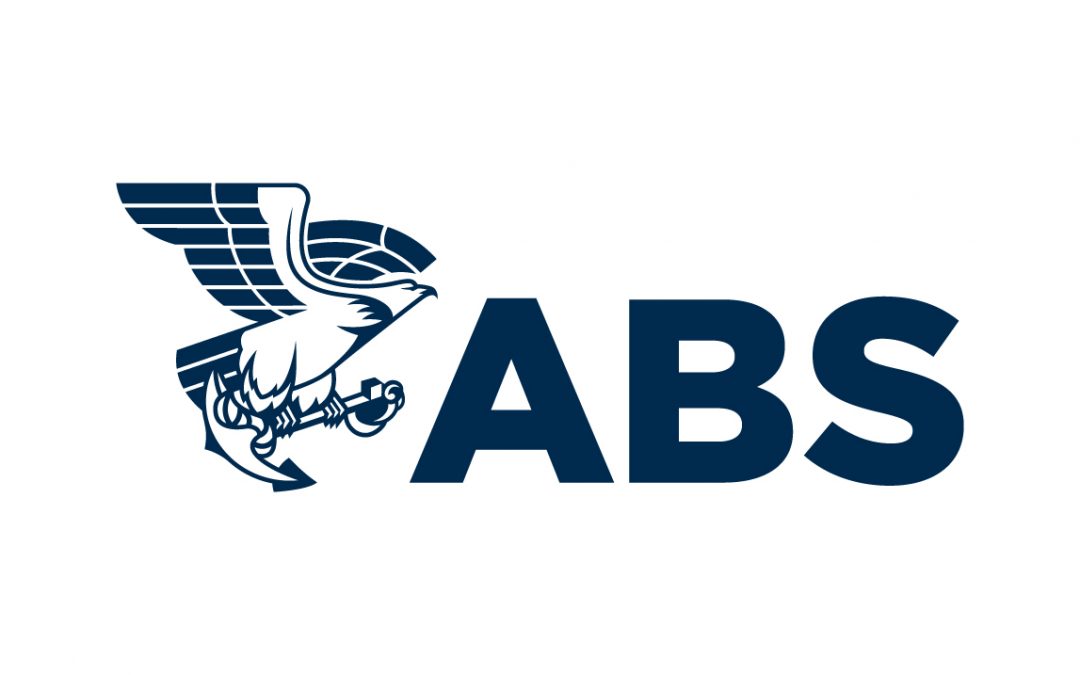“We are in the early innings of a decade, maybe several decades, of change marked by the clean energy transition, digitalization, post-covid build back and of course, geopolitics. All driven by a new family of global shipping shapers and all addressing a new language of shipping, which is dollars per CO2 emissions per ton mile. This has been marked by a new set of boundary conditions, timelines, and commercial relationships.”
That was the message for the industry from Christopher J. Wiernicki, ABS Chairman, President and CEO, speaking to an audience of shipowners, financiers, charterers and global business leaders at the Financial Times Commodities Global Summit, supported by Tradewinds.
“The challenge of EEXI and CII is real. Around 80 percent of the global trading fleet will have to make technical upgrades to meet the minimum energy efficiency standards within EEXI. While EEXI is a one-time hurdle for vessels to clear, then you start moving down the carbon intensity trajectory, which represents a powerful new industry dynamic as a continual process with widespread operational and business repercussions running through to the end of the decade,” added Wiernicki.
“I think it all points to the need for government support. Industry really needs some help here. This is a ‘We game’. It’s not a shipping company game. What we’re going to see over the next 20 years as we ramp up this energy transition, in terms of the fuel pathways and required technology timelines, the magnitude of the problem, the amount of renewable power required, the amount of carbon capture required, means we’re going to need some help in this process.”
He said higher fuel prices should spur industry and government to accelerate development of the value chains to enable deployment of net zero technologies at scale.
“Higher energy prices are as much a disruptor as a potential catalyst and accelerator going forward. We need this to catch the attention of governments in order that they can provide the infrastructure to support development of the hydrogen and carbon value chains that are going to be so important for a net zero future.”
Source: Hellenic Shipping News






